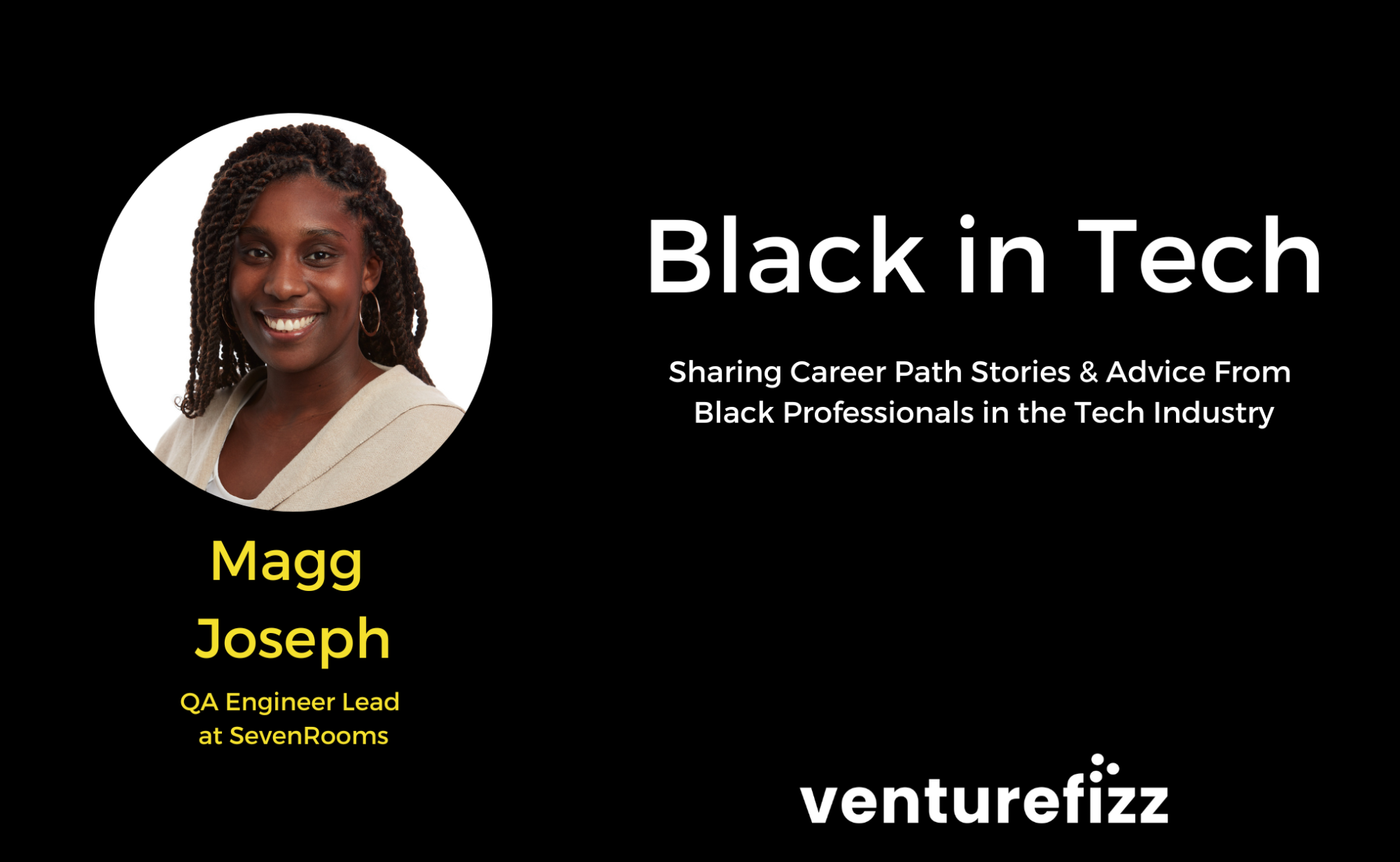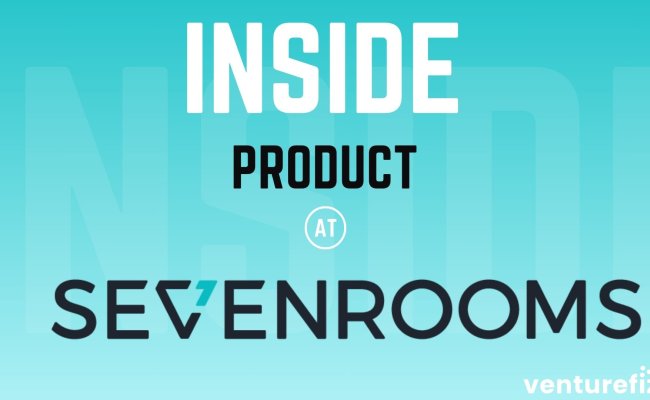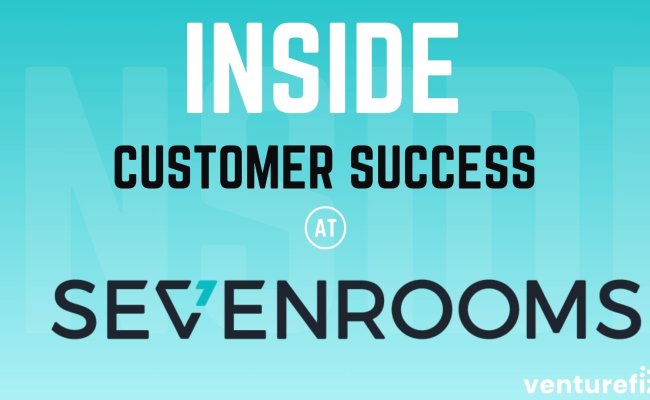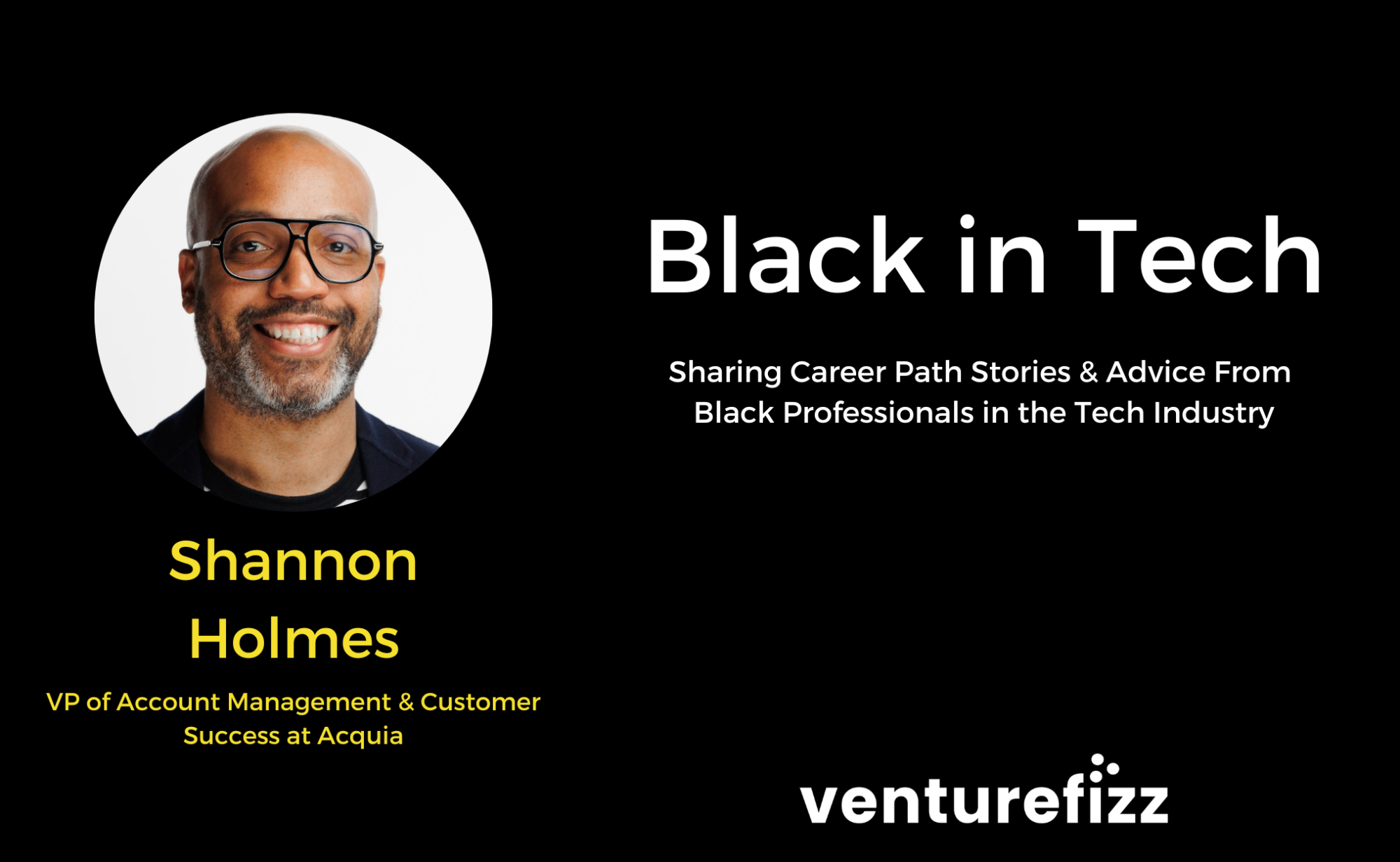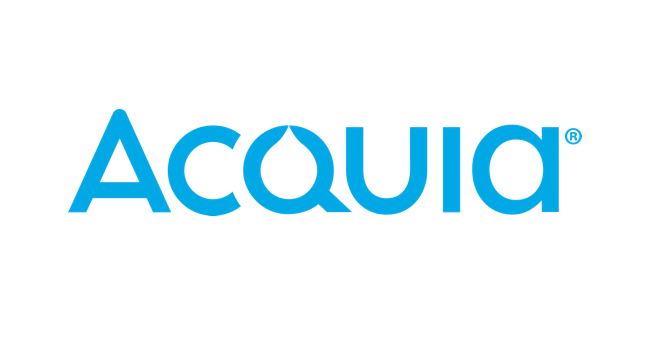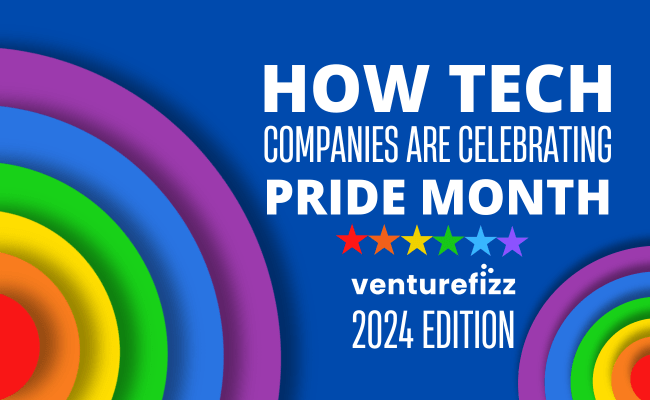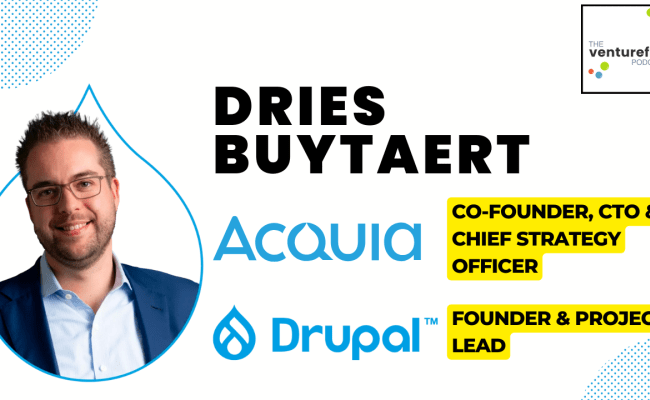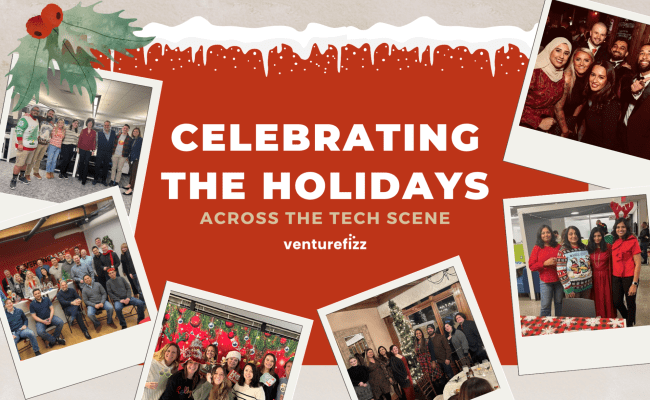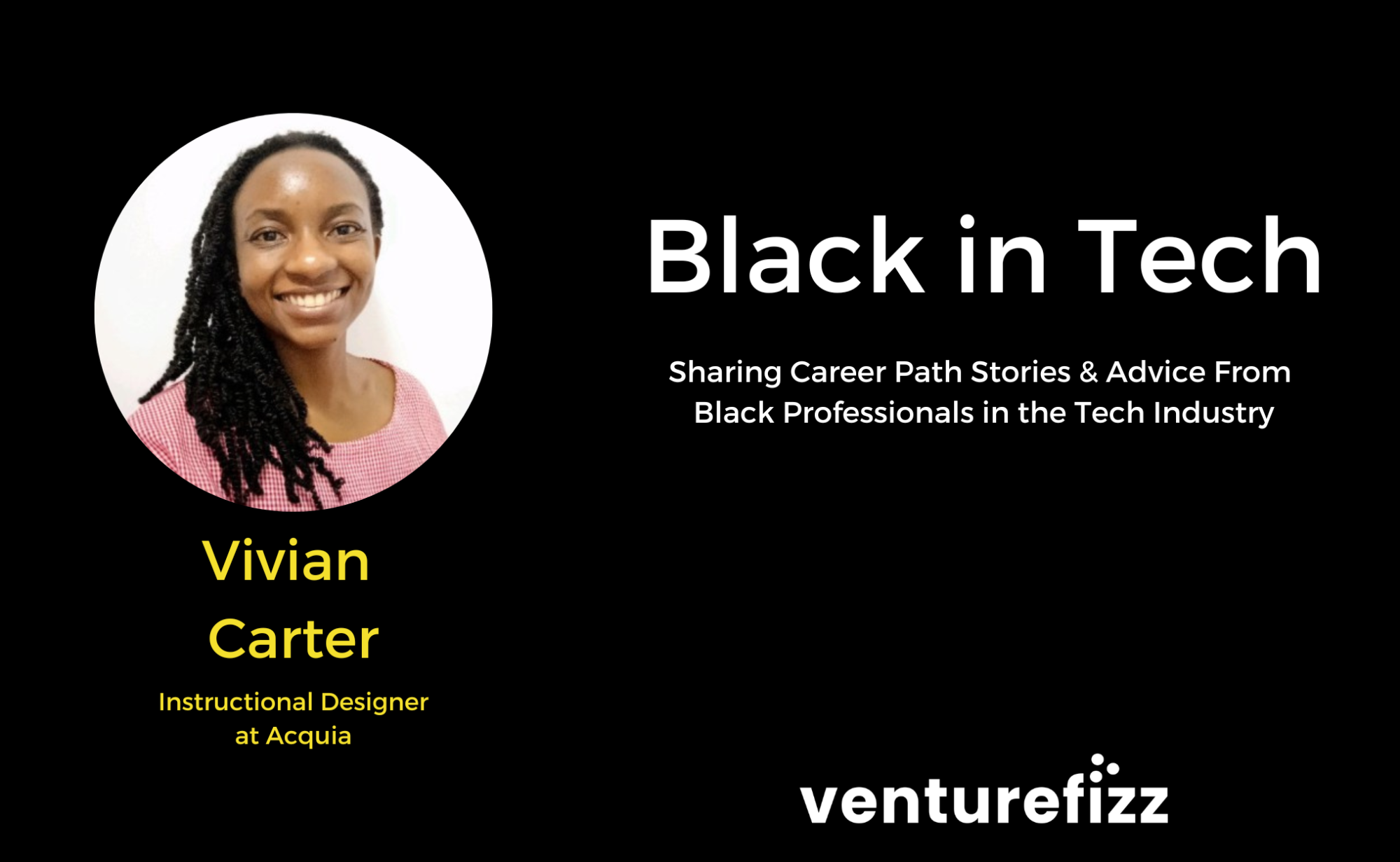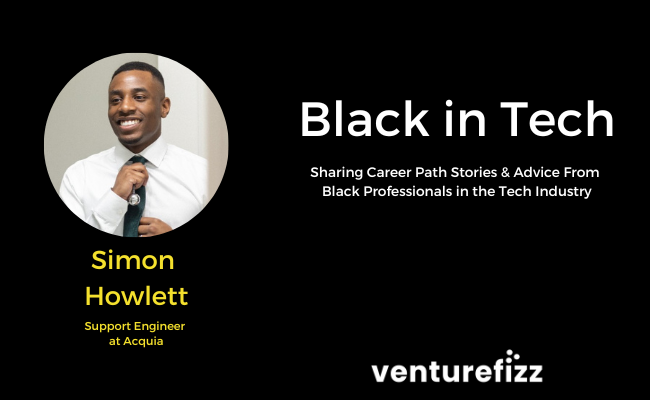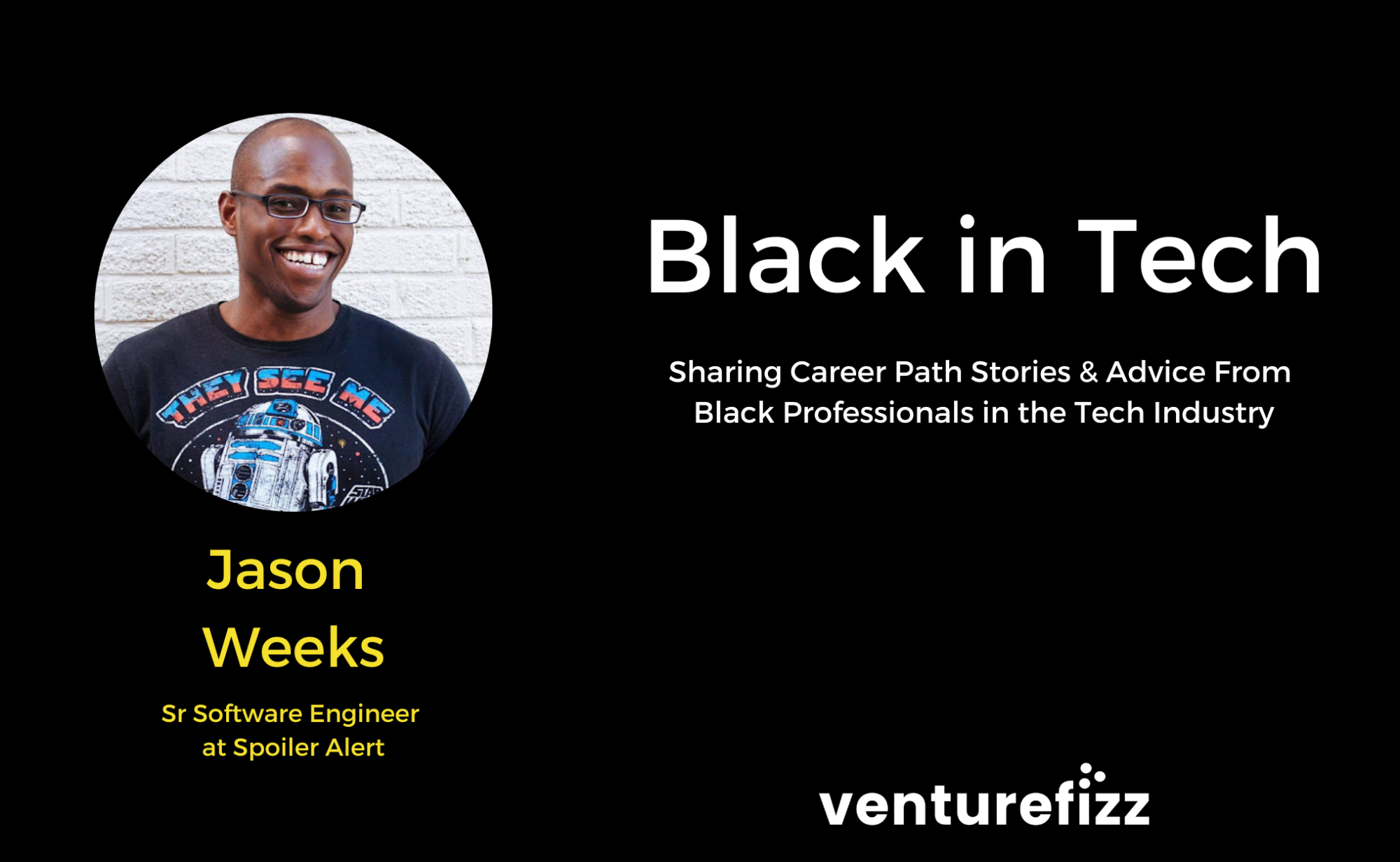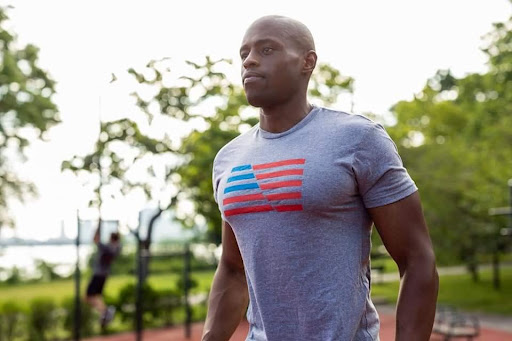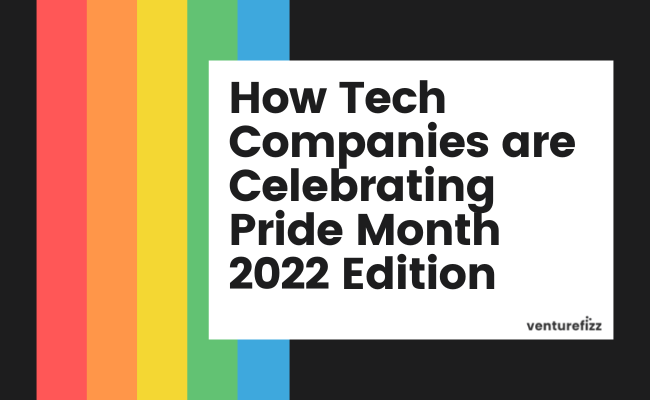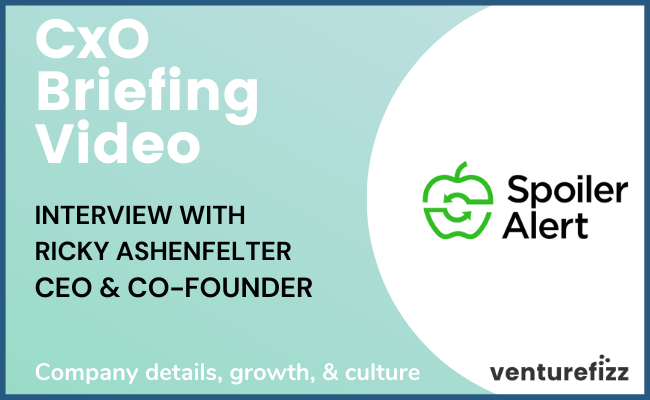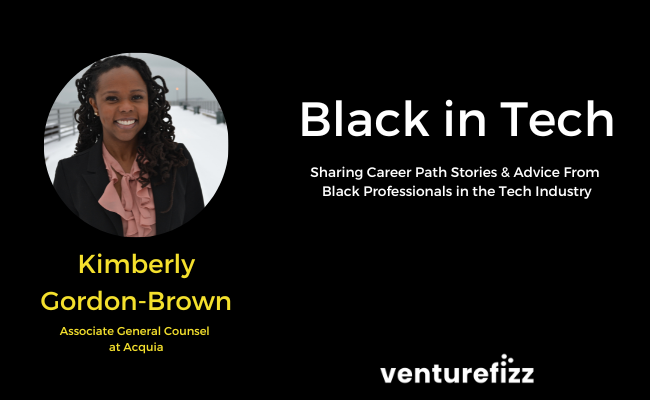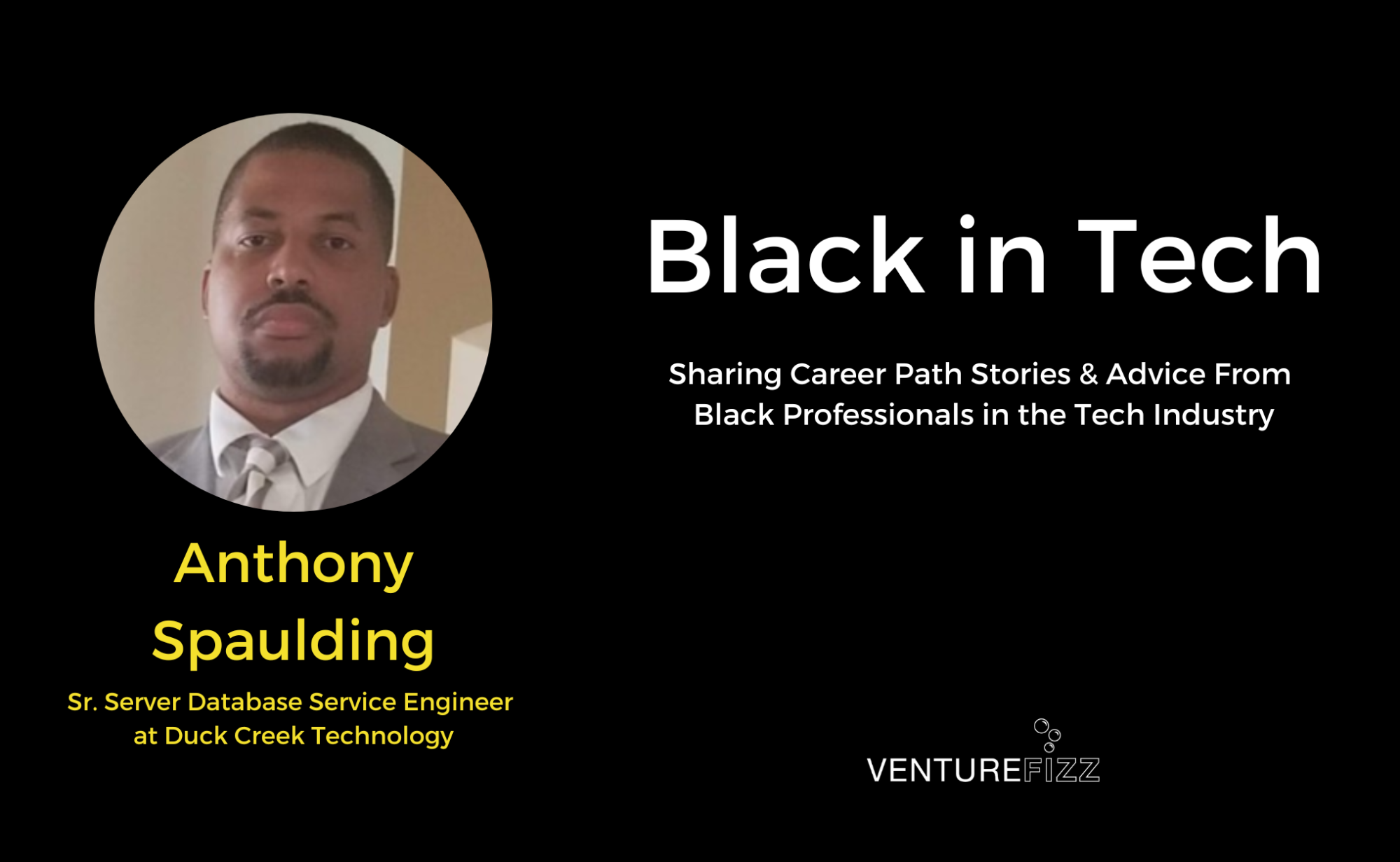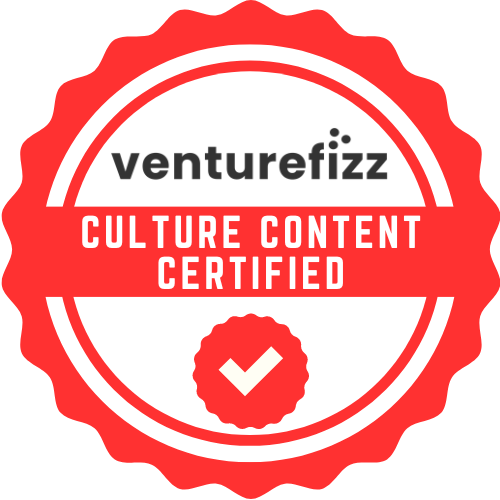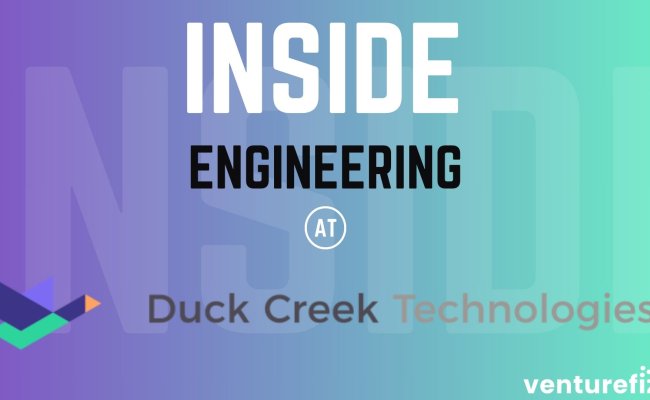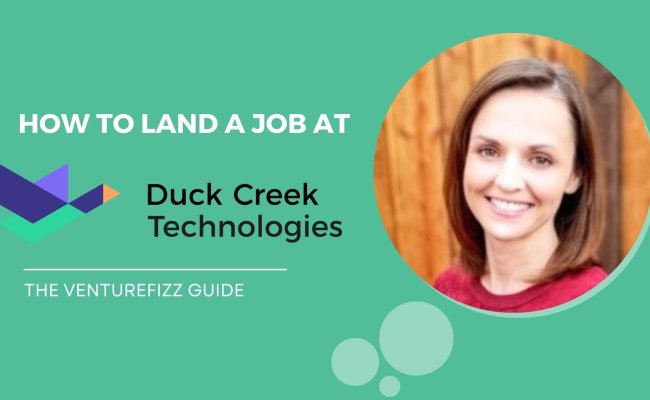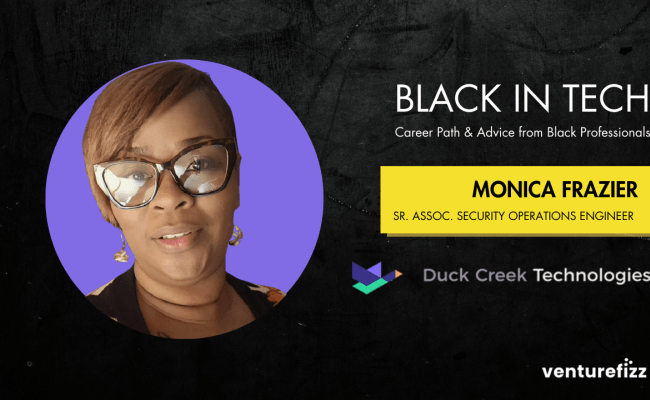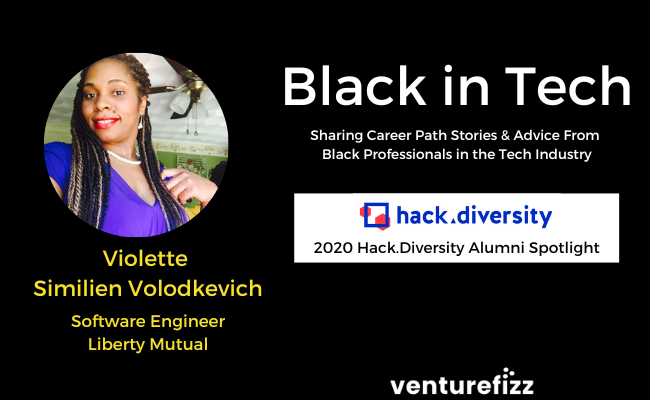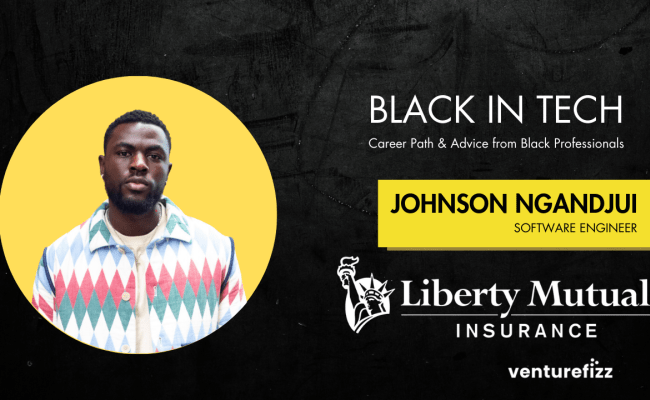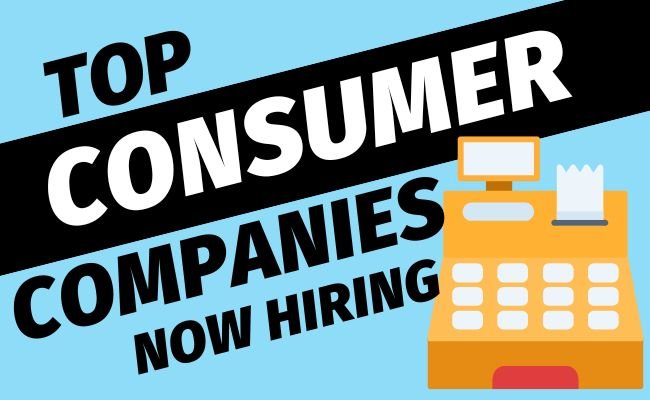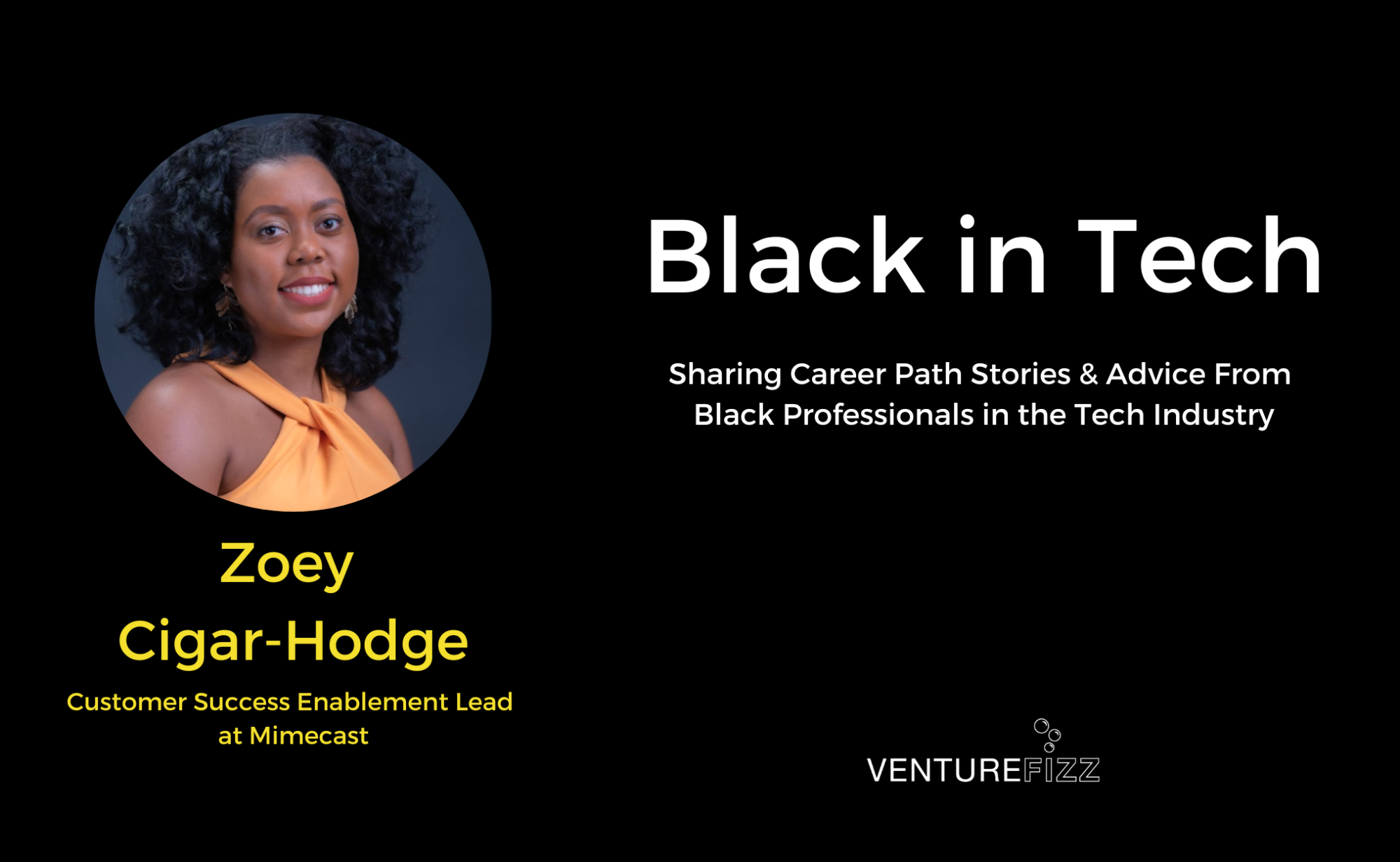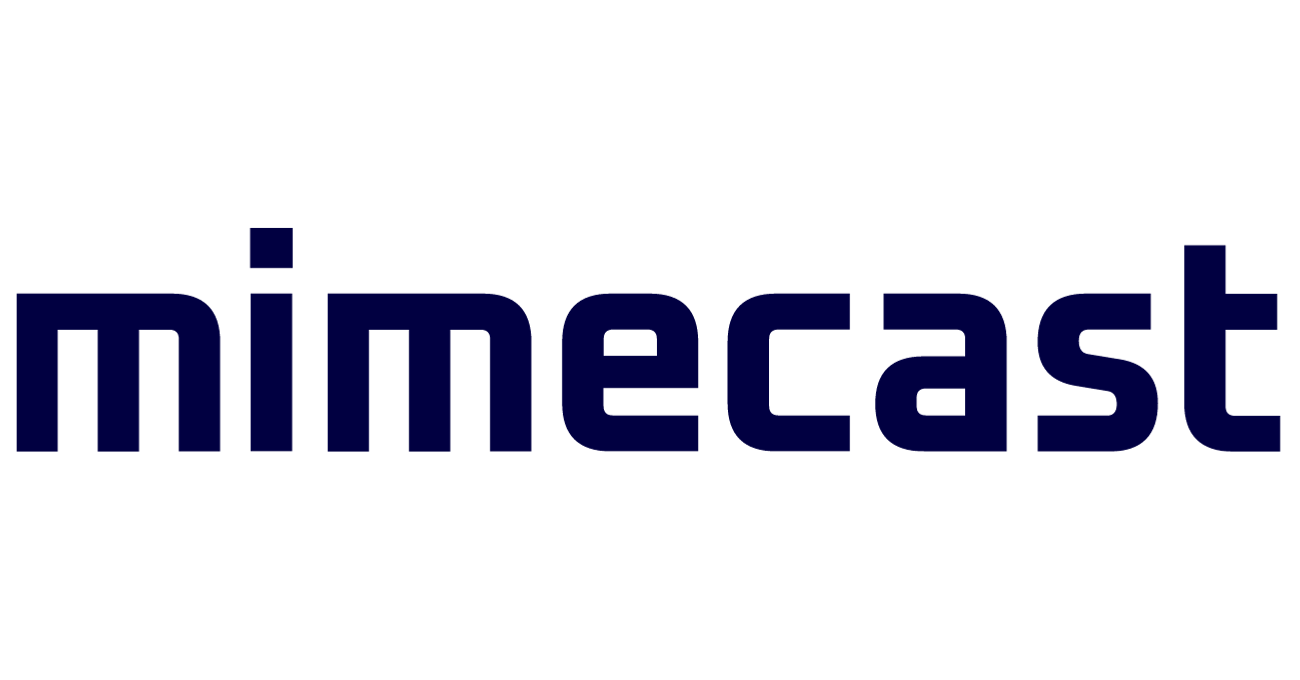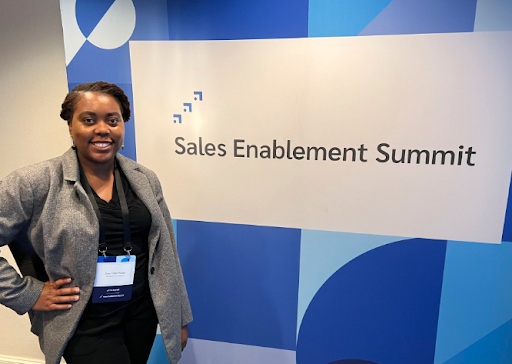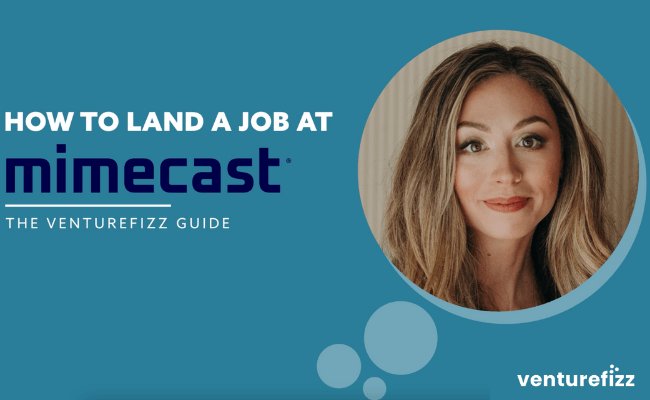Our Black in Tech series features the career path & advice from Black professionals in the tech industry. In this Q&A, Magg Joseph, QA Engineer Lead at SevenRooms shares her story.
Where did you grow up and what were you like as a child? What did your parents do for work?
I was born in Canada and spent a little bit of my childhood in Montreal before spending my formative years in the suburbs of New York. As a child, I was bubbly, curious, and very inquisitive. I always wanted to know how things were constructed and why people did things the way they did. Both of my parents immigrated from Haiti and had different jobs while we were growing up. My father retired as an NY State Therapy Aide, and my mother retired as a Licensed Practical Nurse (LPN), who worked for a county medical facility.
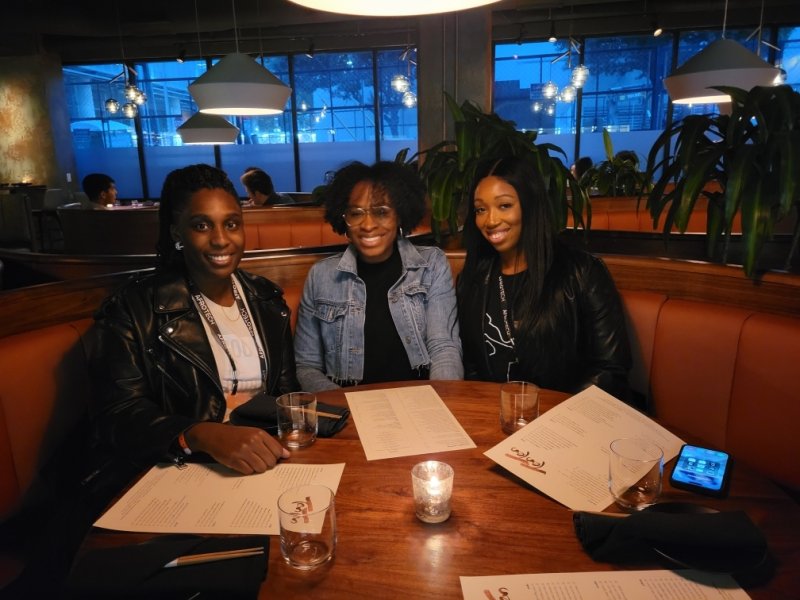
Where did you go to college? What did you study and what did you do after graduating?
I attended Manhattan College. Initially, I wanted to major in Computer Engineering, but during my sophomore year, I realized that the academic track wasn’t a good fit for me. With the help of one of my professors, I changed my major to Computer Science. I graduated with Honors and received a Bachelor's Degree. After graduation, I started as a QA Intern for a startup company in Connecticut before being offered a full-time Software Quality Assurance Automation Engineer position.
What inspired you to get into the tech industry?
I like to say that working in the tech industry was a lovely accident. As a kid, I always thought I would be a social worker, counselor, or therapist, until I realized that field wasn't something I was destined for. However, I always liked putting things together, whether it was building furniture or knowing the intricacies of how electronics worked. By the time I was in high school, I did some research on jobs and industries that best fit those interests, and being an engineer was one of the top results. So, I set out to be an engineer.
What has your career path looked like in tech and the various positions you’ve held before joining SevenRooms?
I’ve always worked in Quality Assurance (QA). I started my career as a QA Intern before moving on to a Software QA Automation Engineer, QA Engineer, Senior QA Engineer, and then ultimately to my current role as a QA Engineer Lead at SevenRooms. I aspire to be a Manager or Director of QA in the future.
Can you share the high-level responsibilities of your current position as QA Engineer Lead at SevenRooms?
As a QA Engineer Lead at SevenRooms, my high-level responsibilities revolve around developing a QA roadmap and driving process efficiencies. I play a key role in developing automation scripts to decipher root causes, while supporting all stages of the Software Development Life-Cycle (SDLC). I am also responsible for conducting weekly sync meetings to align and collaborate with other QA Engineers. I am always researching new ways that we can contribute to our framework and make better improvements as a team.
During my time at SevenRooms as QA Engineer Lead, I have created the QA Engineer onboarding process. This ensures that all new members understand our processes and tools, so they can be successful during their first 90 days and beyond. It’s also my responsibility to bring concerns from the team to leadership in hopes that they can provide solutions and action items for us to deliver.
What has attributed to your success thus far and what types of obstacles have you had to overcome along the way as a Black professional?
I attribute my success to my parents. They taught me to be a hard worker and constantly drilled into me that I should always provide for myself. I want to be in higher positions within QA so that future generations can see someone who looks like them, talks like them, and has a similar background in those roles. Throughout my career, I did not see versions of myself represented in the field, which made figuring out my path more difficult. Because of that, I continue to push forward on my goals.
I’ve experienced different obstacles throughout my professional life including navigating ambiguity throughout projects, not receiving proper recognition for hard work, or having my insights disregarded. Despite these challenges, I’ve continued to persevere and work hard to get to where I am today.
What types of programs and initiatives does SevenRooms have that support diversity, equity, and inclusion?
SevenRooms provides Employee Resource Groups (ERG), which are employee-led groups whose aim is to foster a diverse and inclusive workplace. I am a co-lead of Black Voices, our ERG for Black professionals. Our goal is to create a space for our Black employees to share thoughts, opinions, grievances, and whatever feels comfortable to them while having fun together. Our hope is that these conversations can spark change and create an environment where Black employees feel empowered to be their authentic selves.
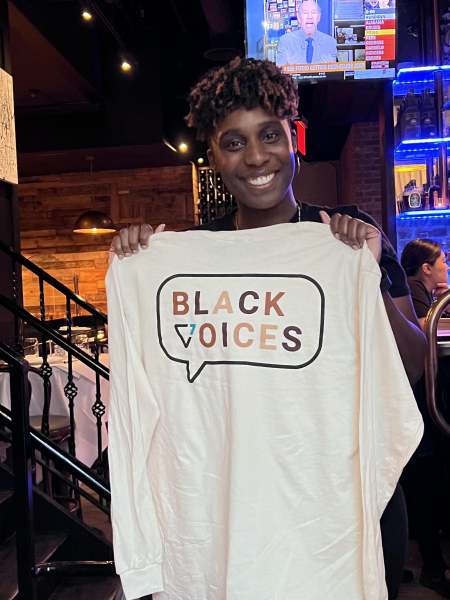
Last year, I attended AFROTECH, the largest Black Tech Conference, thanks to one of my other co-leads. It was an experience I did not know I needed! Being in a place where the majority of professionals were people of color filled the little immigrant girl inside me with so much excitement and joy. By the end of the conference, I knew that the career path I want is attainable.

What advice would you give to other Black professionals who are interested in joining the tech industry?
I would tell other Black professionals to join a field that you are passionate about and determine how you can bring your flavor to it, making it better for the next person. If you're adamant about a feeling you have or an idea, do not hesitate to voice your opinion. Don’t silence yourself because you are worried about others silencing you. Share your thoughts and be confident. You never know when the right person is listening.
While general awareness of the problem of diversity in the tech industry is a step forward, to make a lasting change, real actions need to be taken. Do you have any ideas or suggestions on what companies or employees can do to step up and make a difference?
Companies, especially startups, should actively seek diversity at all levels. You can’t wait for someone to point out that there’s little to no diversity within your company - diversity doesn’t exist by accident. Organizations must be intentional about creating employee communities that are as diverse as the cities they exist in, like New York City.
Companies should also create opportunities to encourage diversity, such as developing internships specifically for women in STEM or providing opportunities for HBCU students. In order to accomplish these goals, businesses must speak to different communities to better understand and recognize which opportunities are missing. You very well could be the company that changes the game. I strongly believe that when a company prioritizes DEI, its employees are more inclined to participate in and support its initiatives.




